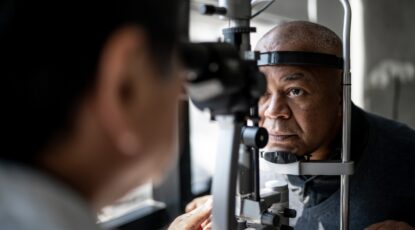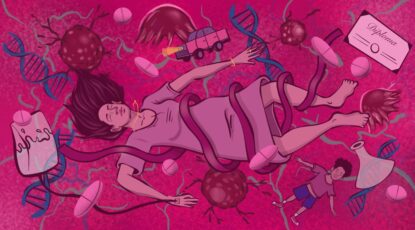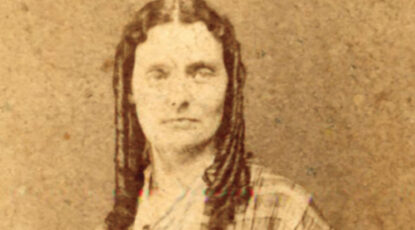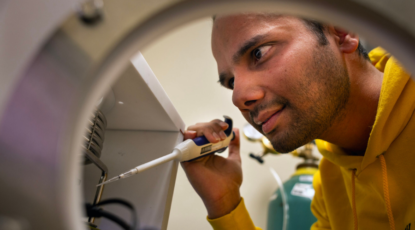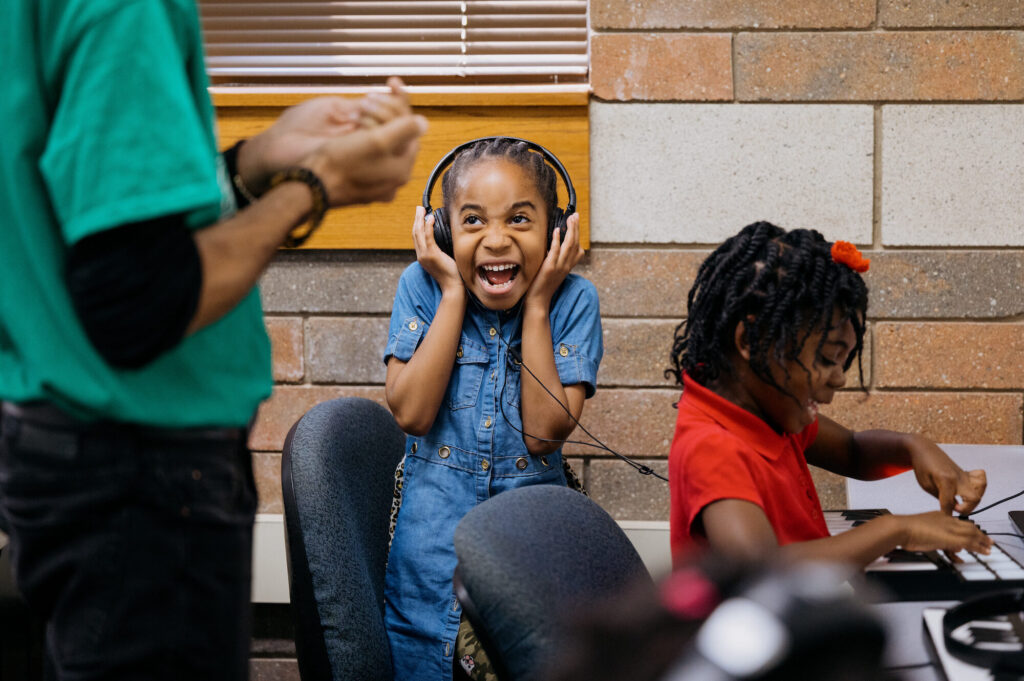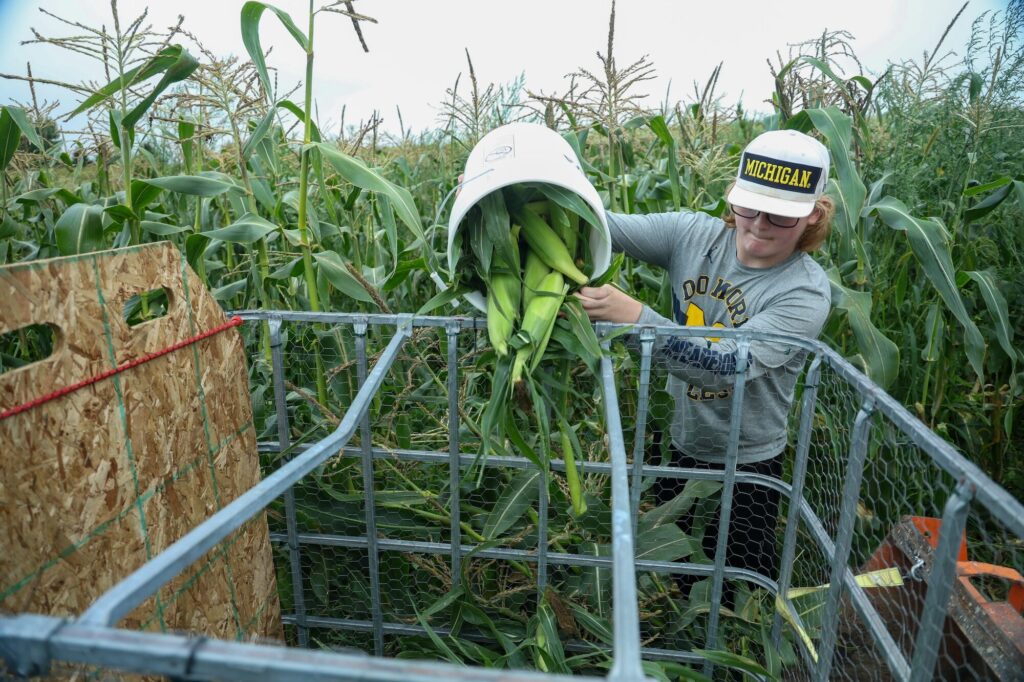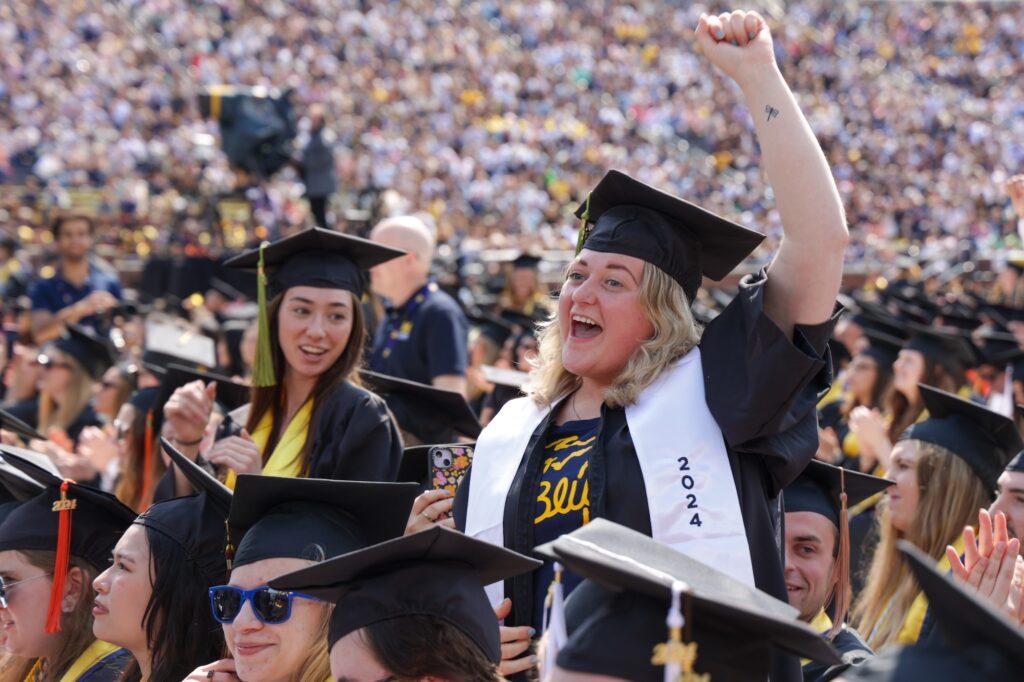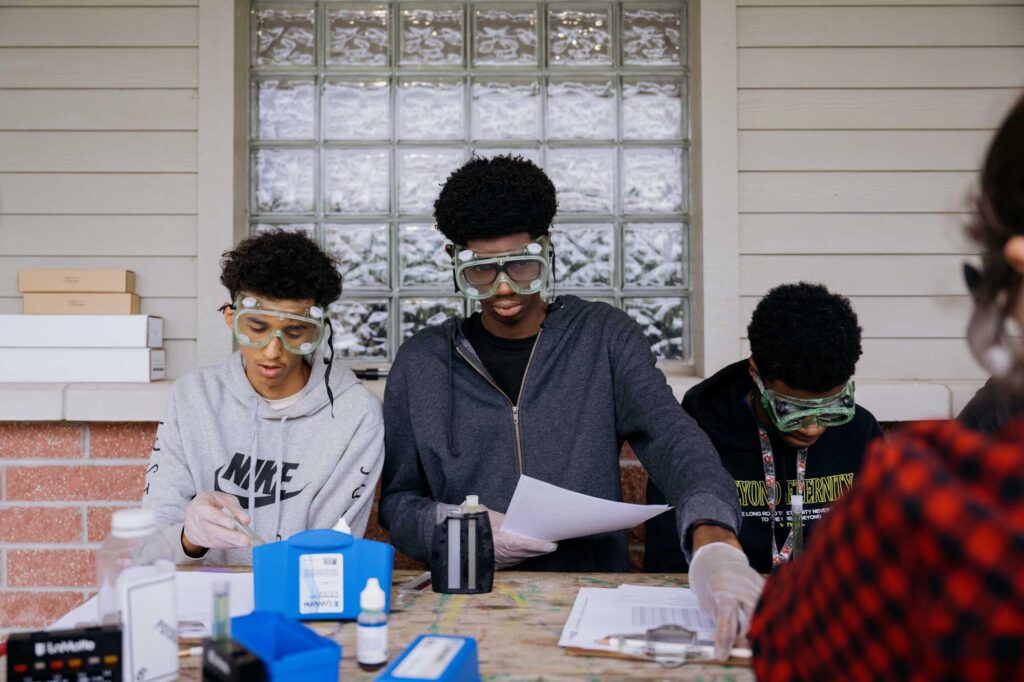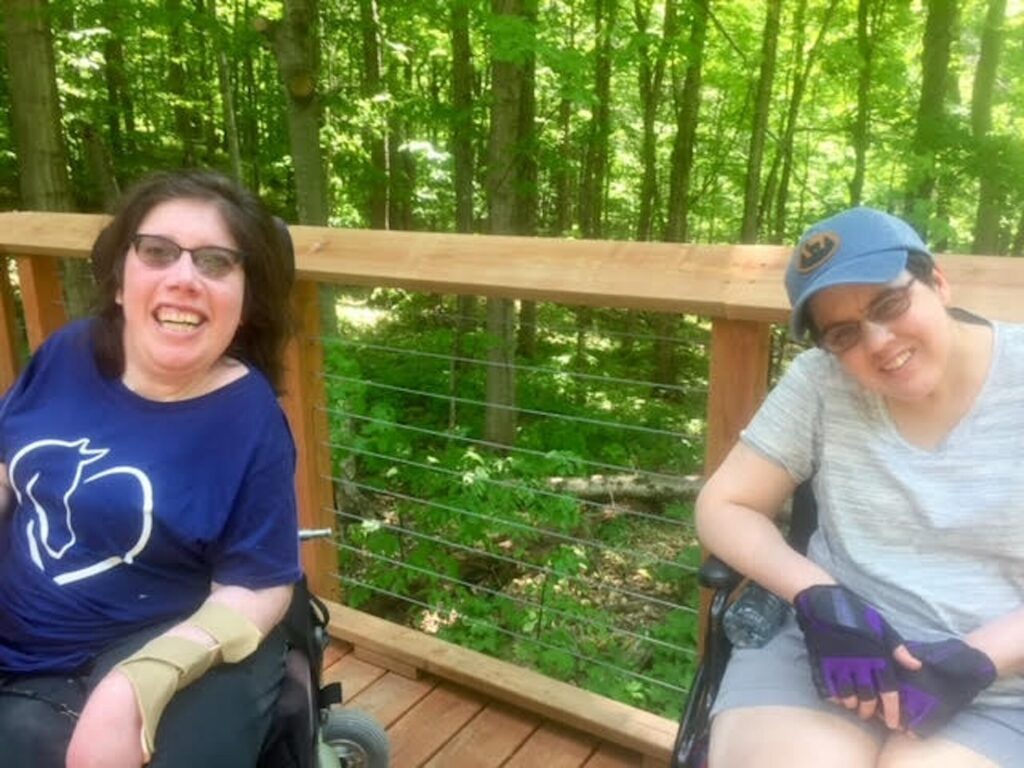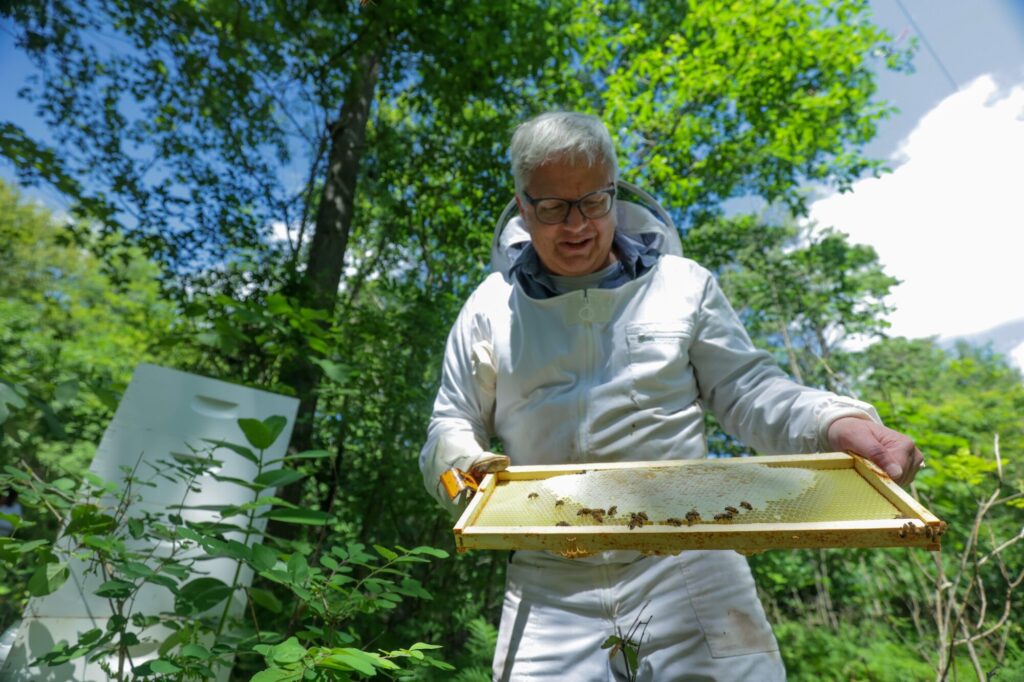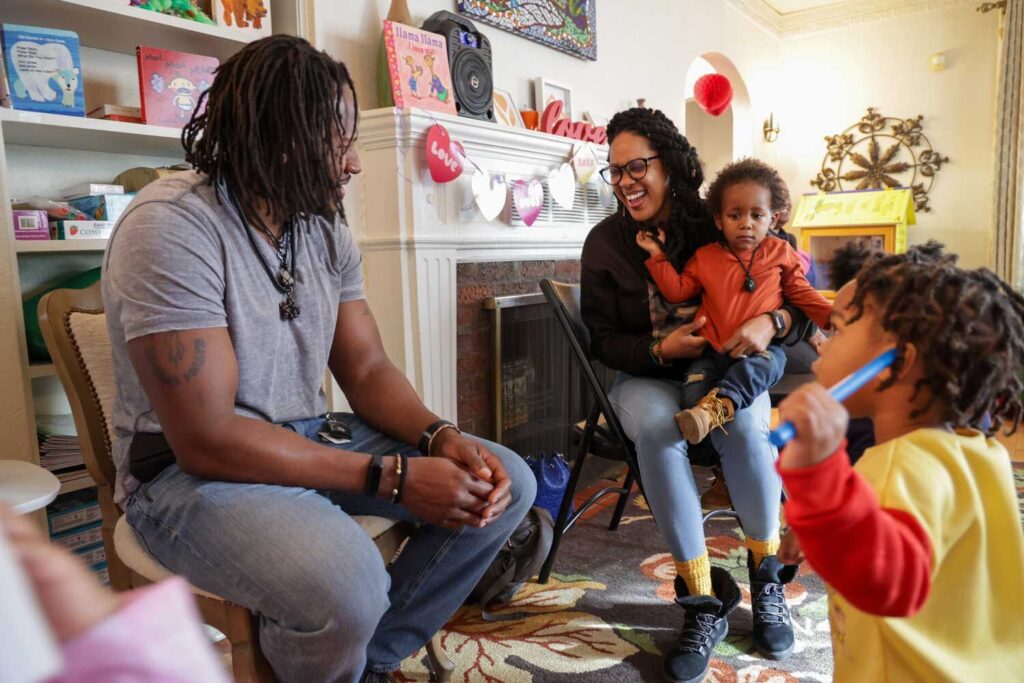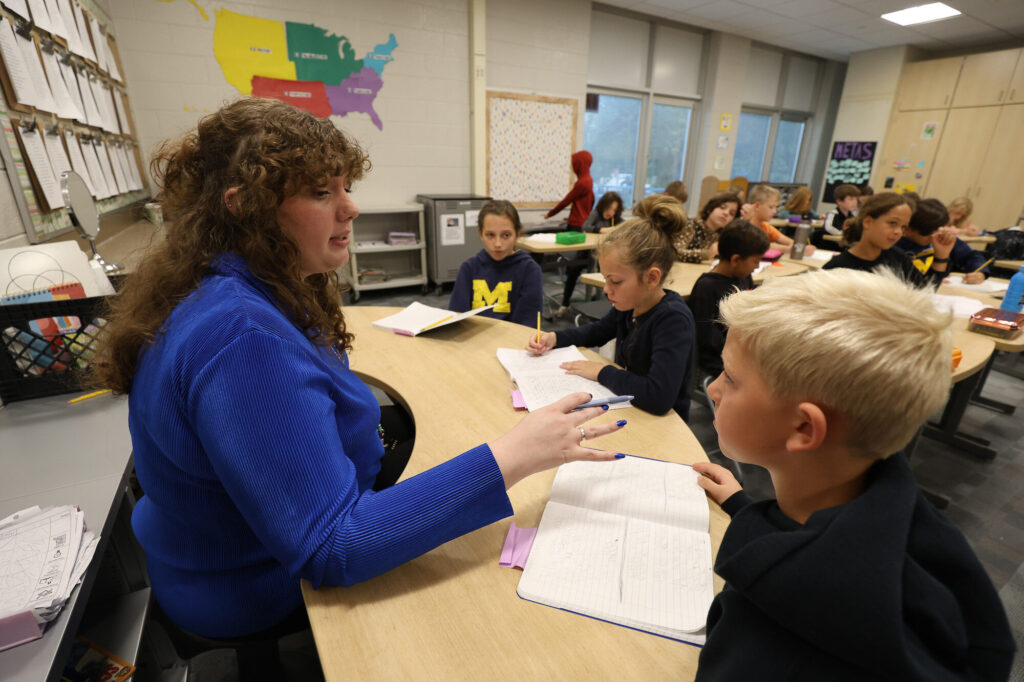Braiding heritage and education: Michigan program redefines paths for Native students

The Indigenous Education Youth Collective program, a research-practice partnership between U-M, Anishinaabe youth and families, and Lake Superior State University, inspires Native students with the support and direction they need to pursue higher education.
-
Glaucoma study shows higher prevalence than previously estimated
Glaucoma is a group of eye diseases which cause loss of sight by damaging the optic nerve. U-M study leverages multi-source, composite estimates of the prevalence of glaucoma and vision-affecting glaucoma in the U.S. for individuals aged 18 and older. Both total glaucoma and vision-affecting glaucoma vary by demographic factors.
-
Misinformation, AI & health: Poll reveals older adults’ worries
While the vast majority of people over 50 look for health information on the internet, a poll shows 74% would have very little or no trust in such information if it were generated by artificial intelligence. Meanwhile, 20% of older adults have little or no confidence that they could spot misinformation about a health topic if they came across it.
-
Why are more young people being diagnosed with cancer?
A growing body of evidence shows the incidence of many common cancers has been increasing in Americans younger than 50 since the 1980s. U-M researchers are investigating the causes of early-onset cancer — and how to reduce one’s risk.
-
How to qualify as a person
Forty-nine years before women were granted the right to vote in the U.S., Nannette Gardner would cast her ballot in Detroit, making women’s history. By fighting tirelessly for women’s rights, she bagan to shake the foundations of power, and her controversial vote provided the suffrage movement a notable victory.
-
U-M tops $2B milestone in annual research volume
The University reported a record $2.04 billion in research volume during fiscal year 2024, marking the first time its annual research expenditures have exceeded the $2 billion mark.
-
Regents vote to approve institutional neutrality
The University of Michigan Board of Regents voted Oct. 17 to adopt a bylaw establishing a new policy of institutional neutrality for University leaders. The move means U-M will adopt a heavy presumption against institutional statements on political and social issues that are not directly connected to internal University functions.
Columns
-
President's Message
Gratitude is good for you
Gratitude can lessen anxiety, relieve stress, and even strengthen heart health. At U-M, we are grateful for so many things. -
Editor's Blog
Read all about it
Your coffee table's calling, and it needs "Our Michigan," a captivating and visually stunning history of your favorite University. -
Climate Blue
Climate science: No time for a stacked deck
Ricky Rood shows his hand in a confounding game of climate science with way too many wild cards. -
Health Yourself
Do you need a wearable health & fitness tracker?
Calling all data lovers: Victor Katch evaluates the pros and cons of wearable health & fitness trackers.
Listen & Subscribe
-
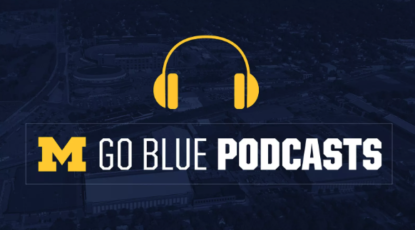
MGo Blue podcasts
Explore the Michigan Athletics series "In the Trenches," "On the Block," and "Conqu'ring Heroes." -

Michigan Ross Podcasts
Check out the series "Business and Society," "Business Beyond Usual," "Working for the Weekend," and "Down to Business." -
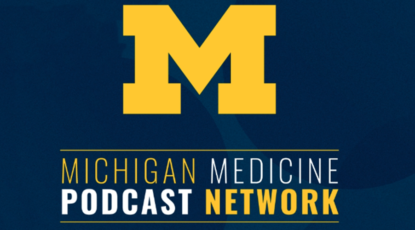
Michigan Medicine Podcasts
Hear audio series, news, and stories about the future of health care.
The University for Michigan
Some of the most valuable learning at U-M takes place beyond campus. Each image here promises to take you somewhere special in Michigan, from Blissfield to Brooklyn, as U-M students and faculty create new knowledge and transform our state.

